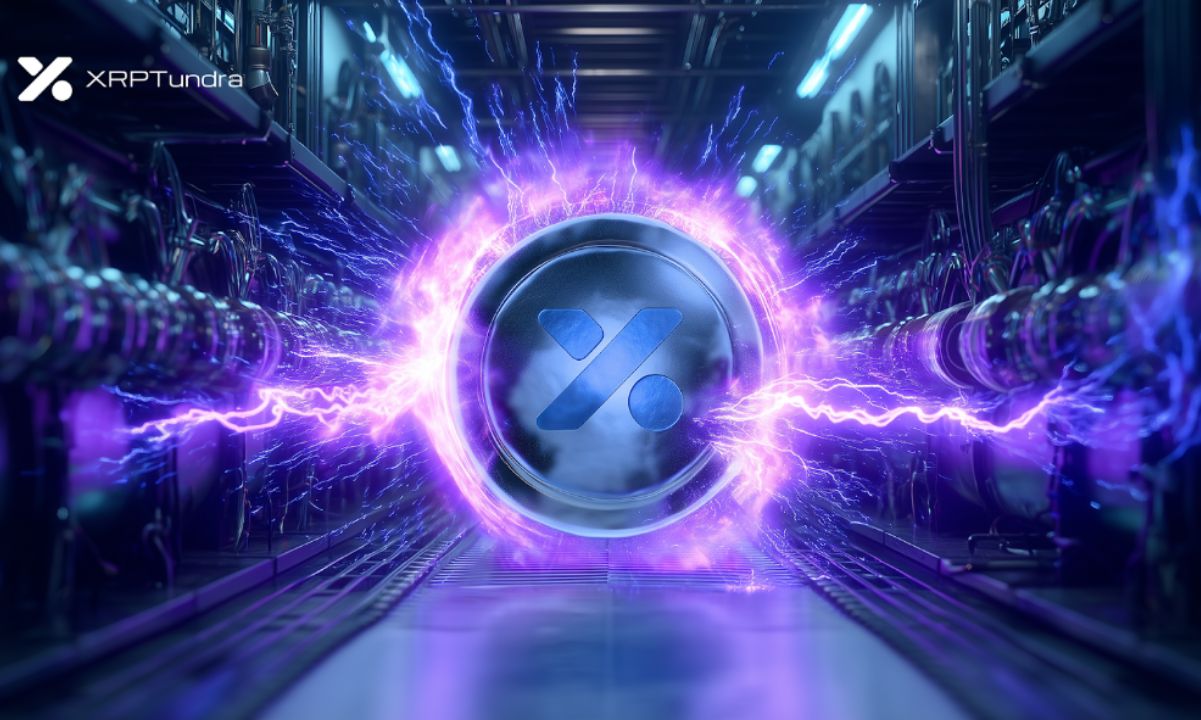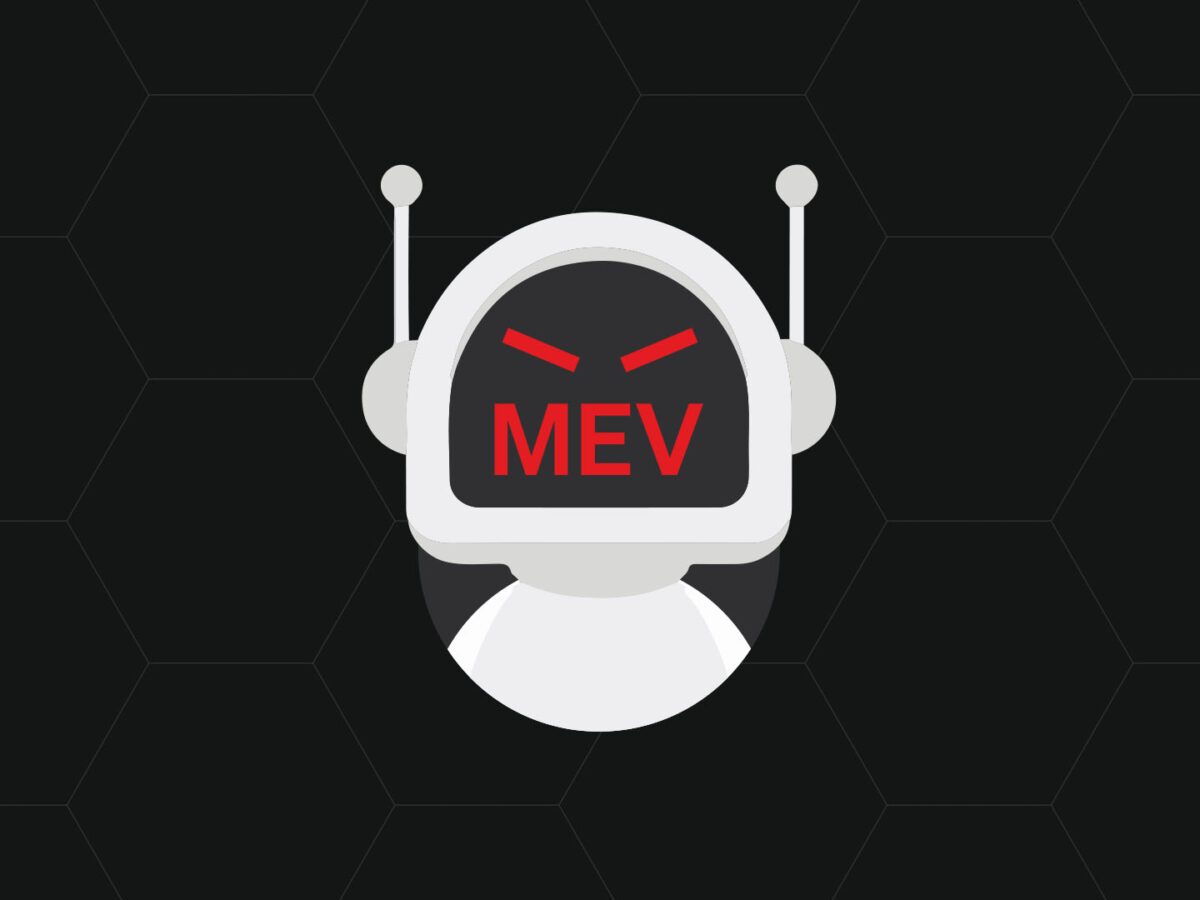According to Eli Cohen, Centrifuge’s chief legal officer, the crypto industry should take note of Democratic Socialist Zohran Mamdani victory in New York City’s mayoral election.
The crypto industry, after all, needs democrats, Cohen says.
Summary
- Recent local elections show a need for bipartisanship in crypto regulation
- There’s a risk of a future Democratic administration reversing everything
- Republicans say that Trump won’t sign a bill that could implicate him in insider trading
- Progressive Senators like Elisabeth Warren are pushing for transparency and investor protection
- Retail investors want freedom, until there’s a rug pull
The results of recent gubernatorial elections are showing a potential seismic shift in U.S politics. On Nov. 4, Democrats won several contested elections (i.e., in New Jersey and New York), and progressives are energized.
Industry lobbyists, who mainly focused on Republicans, will now have to reach across the aisle for bipartisan support. Failing to do that could mean losing everything in the long run.
Crypto.news: We’re at an interesting political moment in the U.S. With everything going on, especially after Election Day, how do you see the current climate affecting crypto regulation?
Eli Cohen: That’s a great question. I think it’s going to take a few weeks to really understand the full impact of the elections. But one thing is clear: the crypto industry needs bipartisan support.
There’s been a debate for some time about whether the industry should align more closely with Republicans or work with both parties. Historically, the industry has leaned toward supporting Republicans, but that strategy needs to change. The election results should make that obvious.
Most lawyers and lobby groups in the space understand this. To get legislation passed — and more importantly, to ensure those laws last beyond a single administration — we need to work with both sides. If we don’t, we risk a future Democratic administration reversing everything.
We don’t want to go back to the Biden-Gensler era. And we certainly shouldn’t create so much antagonism with Democrats that we make that a likely outcome. Long-term stability requires broad political support.
CN: With the government shutdown happening, how is that affecting crypto-related legislation or regulatory efforts?
Cohen: To be honest, the shutdown hasn’t really changed much for us. Nothing major is being held up by it. The Senate is still operating, and that’s where most of the action is right now.
The House already passed its version of the market structure bill — the Financial Innovation and Technology for the 21st Century Act, often called the Clarity Act — so there’s no legislative work left for the House at the moment. The Senate, where the bill now sits, continues its process.
There have been ongoing meetings and discussions with both Democrats and Republicans in the Senate. However, I’d say some reactions from the crypto industry to Democratic proposals have been unproductive. The industry needs to engage more seriously with Democratic lawmakers if we want progress.
Right now, there are two competing versions of the market structure bill in the Senate. Regardless of which version moves forward, it will need Democratic support. Under current Senate rules, 60 votes are required to bring anything to the floor. Unless Republicans eliminate the filibuster — which is unlikely — they’ll need to negotiate.
And here’s the problem: the industry hasn’t really pushed Republicans to engage with Democrats. That has to change. The math is what it is. Without bipartisan compromise, nothing will pass.
CN: Can you provide more specifics on the proposals from Democrats and on how the industry has responded?
Cohen: It’s a bit tricky because a lot of these documents haven’t been made public. There was one proposal — well, it wasn’t officially public, it was a Democratic draft that got leaked by Republicans. Some key Democrats, like Senator Gallego from Arizona, later said it wasn’t a formal proposal but rather a set of internal views. But it still caused a strong adverse reaction from the industry.
One of the most controversial elements in that document was a proposed set of insider trading rules for crypto markets — not just in the general sense, but specifically covering members of the executive and legislative branches.
The background there is that members of the Trump family have reportedly made quite a bit of money in crypto, and Democrats want to include rules that would effectively block them from doing that.
From the industry’s perspective, the issue isn’t necessarily with insider trading rules themselves — most people aren’t against the idea. The concern is political feasibility. The argument is: if those provisions stay in the bill, Trump won’t sign it.
That’s also the position Republicans have taken. It’s not that they oppose the rules in principle, but they know that including them makes it impossible to get a signature from the current White House.
CN: With the recent local elections, particularly in New York, there has been some talk of a resurgence of the progressive wing of the Democratic Party. Do you think that’s a meaningful trend?
Cohen: I don’t see the New York results as a major bellwether for the rest of the country. Yes, there was a high-profile example with Zohran Mamdani, but I wouldn’t say he’s significantly further to the left than, say, Brandon Johnson in Chicago or Barbara Lee in Oakland.
What I found more meaningful were the results in states like New Jersey and Virginia. Those were supposed to be close races, but ended up with decisive wins for moderate Democrats like Sheryl and Spanberger. So, if anything, I think the broader signal is that the Democratic Party is holding steady in the center — not shifting dramatically left.
CN: Regardless of whether the shift is progressive or moderate, Democrats have taken the lead. With that in mind, how would a bipartisan approach to crypto regulation look like?
Cohen: That’s a great question — and honestly, we haven’t seen it happen yet in a real way, so we’re still figuring that out.
But I do think there’s room for alignment. The Elizabeth Warren wing of the Democratic Party is focused on fraud prevention, investor protection, and enforceable regulation — and those are reasonable concerns. I’d argue that stronger anti-fraud protections would be good for the market overall.
The sticking point tends to be who does the regulating. Democrats favor agencies like the Consumer Financial Protection Bureau (CFPB), which Warren helped create. Republicans, on the other hand, lean toward the SEC or CFTC. So there’s a debate over jurisdiction — but I don’t think that’s an unbridgeable divide. With real negotiation, they could find common ground.
CN: Mamdani’s base includes a lot of young, educated, white male voters — the same demographic most likely to hold crypto. Is there a disconnect between what the industry wants and what retail investors actually care about?
Cohen: I’m not sure there’s a full disconnect, but I do think there’s a gap in expectations. Most retail crypto users don’t want to deal with KYC. That’s a big reason they’re in crypto instead of traditional finance — they don’t want to submit personal information just to move stablecoins from one wallet to another.
At the same time, nobody wants to get rugged. No one wants to lose money to a scam or fraud. So yes, there’s this contradiction in crypto: people demand full decentralization, anonymity, and self-custody — until something goes wrong. Then the first question is, “Where are the regulators?”
So there’s clearly a desire for some level of investor protection — just not if it comes with friction, surveillance, or restrictions. Finding the right balance is tough.
CN: That contradiction was a big part of the criticism during the SEC’s Gensler era — focusing enforcement on large players while meme coins and influencers ran wild. What’s your take?
Cohen: The Gensler approach was a disaster, both strategically and politically. He could have issued interpretive guidance — the SEC has the power to do that — but instead, they chose a strategy of trying to crush the industry outright.
It didn’t work. You can’t “ban” crypto — that’s not how this works. What it did do was destroy trust. The industry had no reason to work with the SEC, and the SEC made no effort to work with the industry.
I don’t think even the Democratic Party fully understood what Gensler was doing. Either they weren’t paying attention, or worse, they supported it. But I’m hopeful that lessons have been learned. The bipartisan process we’re seeing now — in the Clarity Act and Senate proposals — is a huge improvement. It’s not Gensler’s approach, and that’s a good thing.
CN: So, from your perspective, what are the most important regulations that the crypto industry is still missing today?
Cohen: There are two major areas where regulation is still lacking. The first is stablecoin regulation. The so-called “Genius Act” has technically passed in the U.S. market, but it’s not yet usable. There’s no licensing framework in place. We need actual rules that let stablecoin issuers apply, operate, and comply.
There’s a draft of those regulations circulating. I haven’t seen the full document, but people who have are giving feedback. One of the big concerns is around yield — specifically, whether stablecoins will be allowed to earn yield, not just from issuers but from anyone. U.S. banks are lobbying hard to block this.
If those banks succeed and regulated stablecoins can’t earn yield in any form — even through DeFi — then no one will use them. It’ll end up like in Europe under MiCA, where the regulated stablecoins are barely used. People just default to unregulated options like DAI or USDT. So that’s a huge fight. And if the banks win, we’ll see very little adoption of U.S.-regulated stablecoins.
CN: And what about the market structure legislation you mentioned earlier? What’s at stake there?
Cohen: The market structure bill in the Senate is crucial — particularly the provision that would clearly define which tokens are not securities. That one clause could change everything for the crypto industry.
Right now, the SEC has been operating in a gray area. They’ve claimed that almost every token besides Bitcoin could be a security — including Ethereum — without ever proving it in court. That ambiguity is what allowed the Gensler administration to pursue its aggressive enforcement agenda.
If the market structure bill passes with bipartisan support and explicitly states that certain tokens are not securities, it would finally give the industry a safe, legal framework to operate within. It wouldn’t just clarify the law — it would also prevent future administrations from trying to roll back that clarity.
That kind of legal certainty is foundational. It’s what would allow real innovation and compliance to coexist.
CN: If Ethereum and similar tokens are no longer treated as securities, what happens to investor protection? Securities law requires disclosures from issuers. Is anyone thinking about how to build comparable transparency into crypto?
Cohen: That’s certainly something that Elizabeth Warren wants. She’s argued that even if these tokens aren’t securities, there should still be some disclosure requirement to protect investors.
But here’s the problem: in DeFi, who would do the disclosing? Take Ethereum. Sure, there’s the Ethereum Foundation, but do they have access to all the relevant information? Should they be legally liable for it? I don’t think they want that role, and I’m not sure it fits the ethos of decentralization.
In Bitcoin’s case, no entity could even hypothetically take on that responsibility. And that’s part of the philosophical divide: if you truly believe in permissionless networks, then there might not be a central party to hold accountable — or to require disclosures from.
CN: Some people argue that blockchains provide transparency by default — the code is open, the transactions are on-chain. But there’s also off-chain activity, insider info, and market manipulation. How do we balance transparency with risk in permissionless markets?
Cohen: That’s the core trade-off. If you want a truly permissionless system, you have to accept that there will be more risk — including market manipulation and insider trading.
I think people should be able to choose. If you want to participate in a market that doesn’t require KYC, doesn’t enforce disclosures, and embraces full decentralization, then you should be free to do that — but you should also understand the risks.
At the same time, if you want investor protections, you can participate in other markets that offer those. Nobody is forcing you to buy Bitcoin or Ethereum. There are other options. But we shouldn’t try to force traditional regulatory models onto decentralized systems where they just don’t fit.
So yes, blockchains offer a degree of transparency, but they don’t eliminate the need for trust — especially when off-chain actions can affect markets. We need to be honest about that, and structure markets accordingly.
CN: You’re a lawyer, and I’m sure you heard that your profession’s role in any meeting is to say, “No, you can’t do that.” What are some of the questions you’re most often asked where you have to draw a hard line?
Cohen: So, for what we do at Centrifuge — tokenizing real-world assets — we operate in a pretty heavily permissioned part of the crypto market. Everything on our platform is actually a security, regardless of what the market structure bill eventually says. So we follow securities laws and take compliance seriously.
That’s a different environment from something like a DeFi protocol. If you were general counsel at Aave, for example, you’d take a very different approach. We also work with TradFi partners like Janus Henderson and S&P, and they have their own compliance requirements. So we operate with a different risk profile than many other crypto companies.
That said, the biggest non-negotiable red line for me, and for most lawyers in this space, is anything touching sanctions. If you’re moving stablecoins in or out without checking for sanctions compliance, that’s a hard no. That gets you into real trouble.

















 English (US) ·
English (US) ·